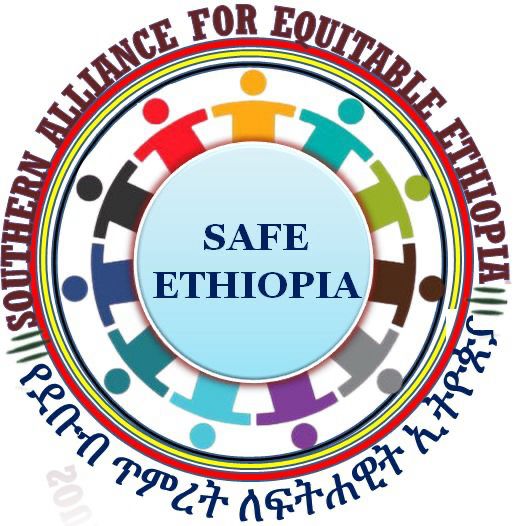Nations and Culture
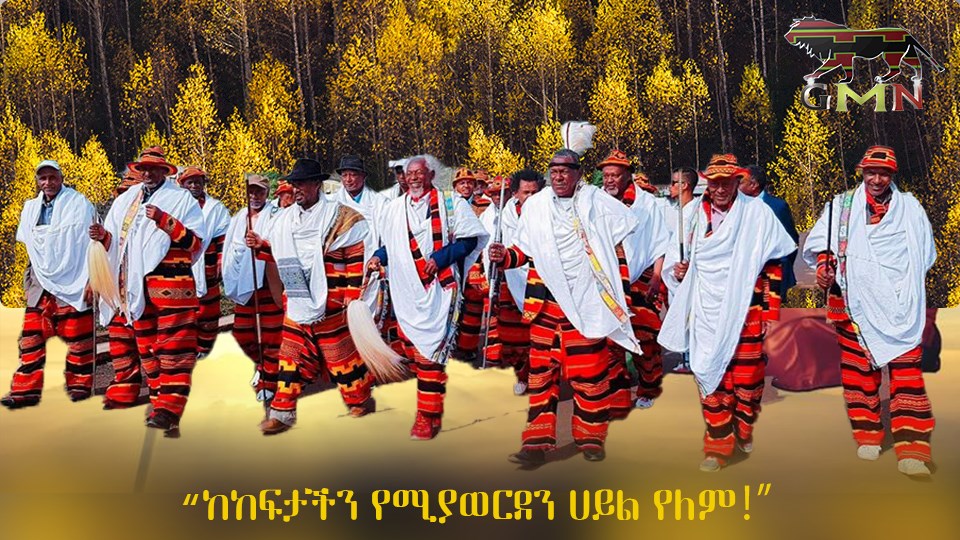
From Gamo Community
Gamo residing in the Southern State of Ethiopia, is renowned for its rich agricultural heritage and vibrant cultural identity. Known for producing a wide variety of fruits—especially bananas—as well as key cash crops like cotton, the Gamo people have long sustained a thriving local economy. Their distinct traditional houses reflect deep-rooted architectural wisdom, while their capital city, Arba Minch, stands as one of Ethiopia’s most popular tourist destinations. Nestled between lakes and mountains, Arba Minch offers visitors a unique blend of natural beauty, cultural richness, and warm hospitality that captures the spirit of the Gamo people.
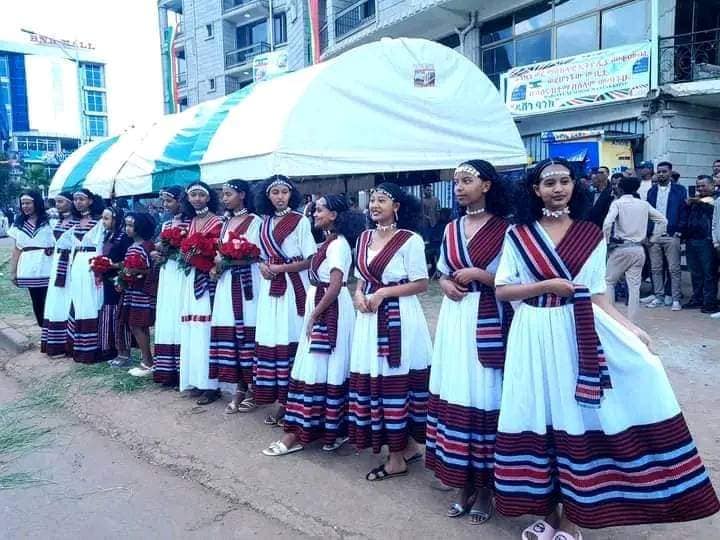
From Hadiya Community
Hadiya an ethnolinguistic community residing in the Central Ethiopia State, is centered around its vibrant capital city, Hossana—one of the fastest-growing urban centers and emerging tourist destinations in the country. Hadiya is widely referred as the “Ethiopian Canada” due to its exceptionally high wheat productivity, and stands among the leading wheat-producing regions in Ethiopia, with wheat accounting for over 50% of its total cereal output. In addition to wheat, the region is also known for its quality coffee production and the unique Meskel cultural cuisine. Hadiya is home to one of the largest diaspora populations in the region, with significant foreign remittances flowing in from South Africa, Gulf countries, US and Europe further strengthening its local economy and global connections
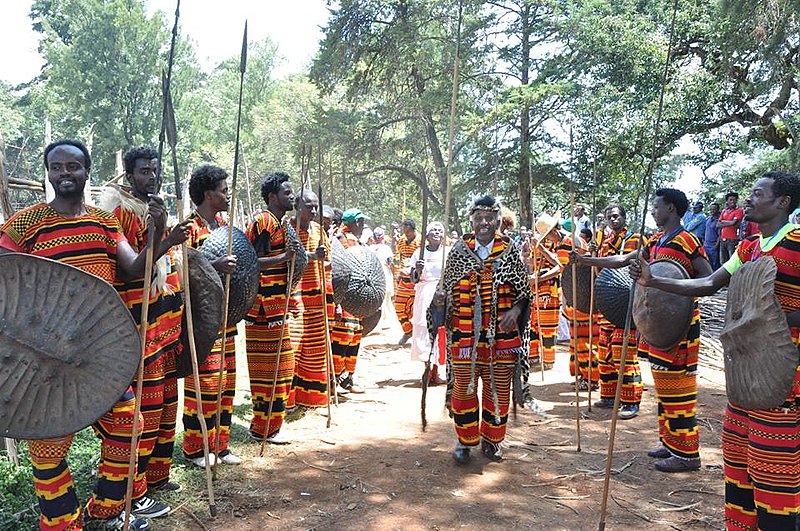
From Wolayta Community
The Wolaita in Ethiopia is renowned for its rich cultural heritage, historical resilience, and agricultural productivity. Agriculture remains central to their economy, with the region known for producing crops like maize, enset (false banana), and coffee, as well as livestock farming . Wolaita Sodo, the capital city of the Wolaita Zone, serves as a political and administrative hub, tourst attraction, hosting institutions such as Wolaita Sodo University and major healthcare facilities like Soddo Christian Hospital
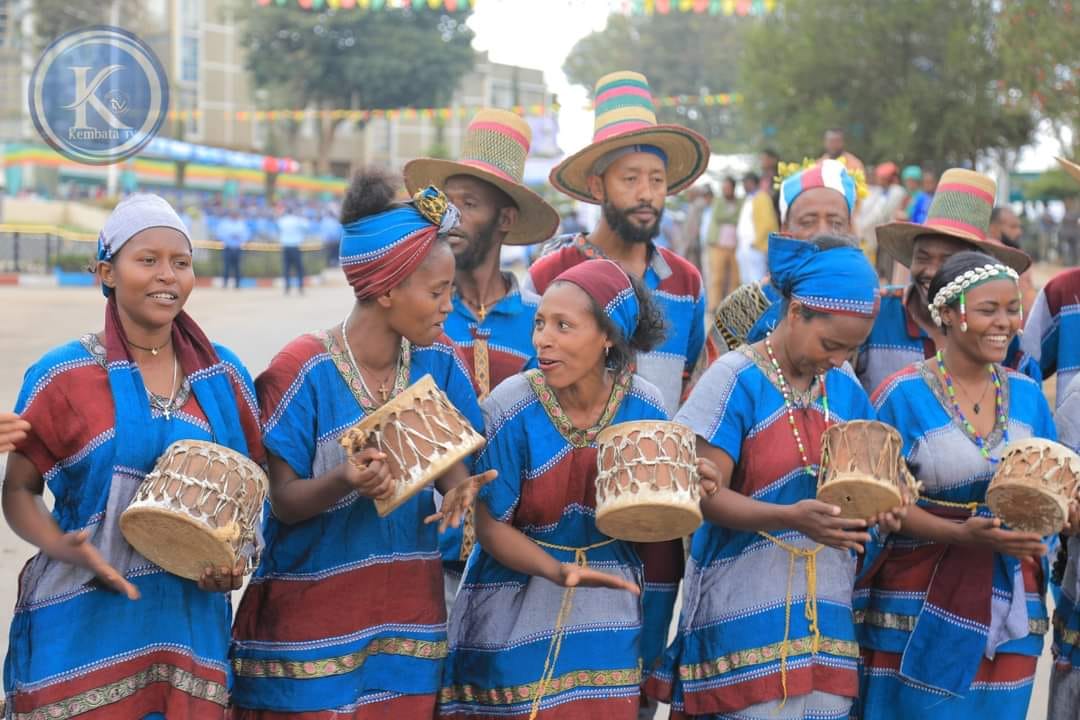
From Kambatta community
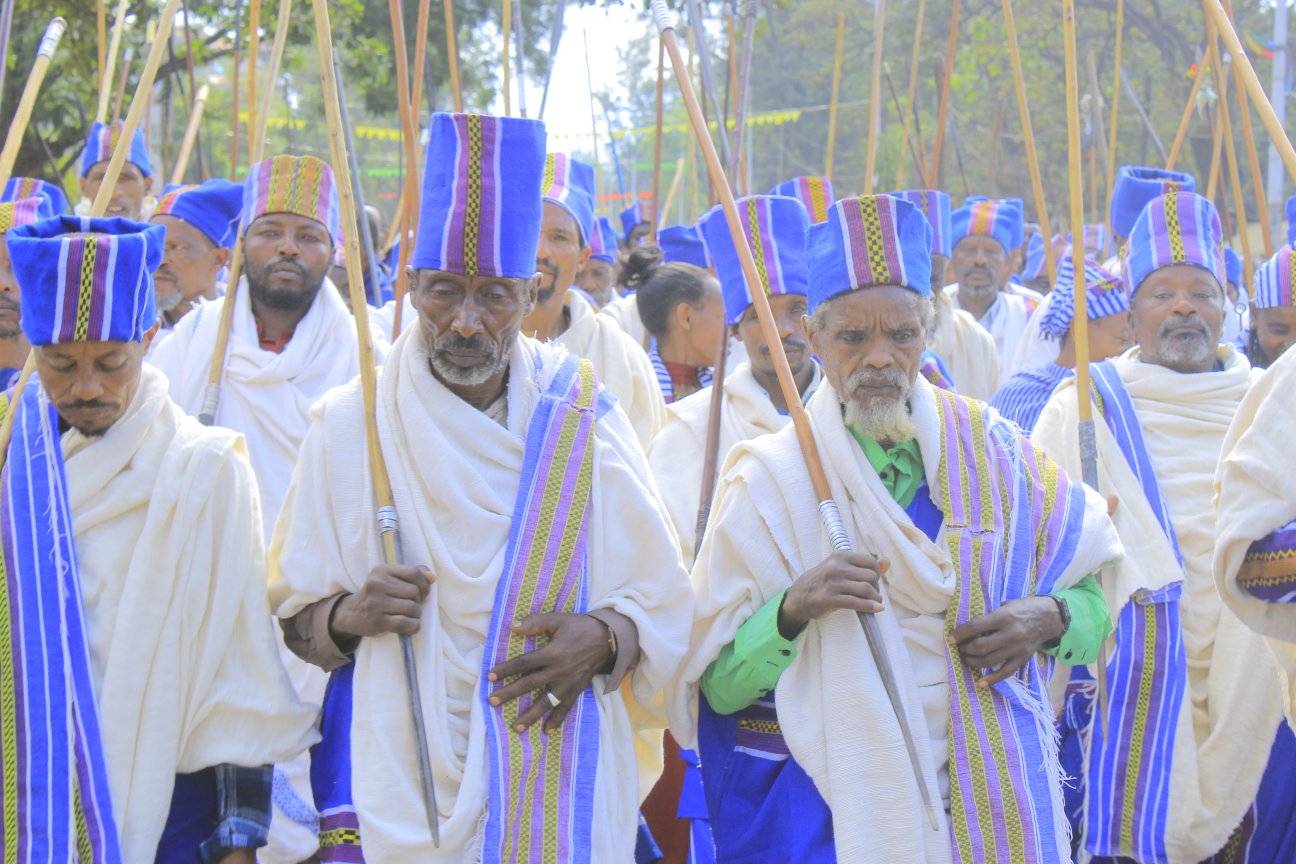
From Konso community
Konso Ethiopia is widely recognized for its unique terraced agriculture, rich cultural heritage, and remarkable stone-walled settlements, which are designated as a UNESCO World Heritage Site. Known for their sustainable land management practices and vibrant traditions, the Konso people have preserved a distinct identity for generations. The capital of the Konso Zone is Karate, also known as Konso Town, which serves as the administrative and cultural hub of the region.
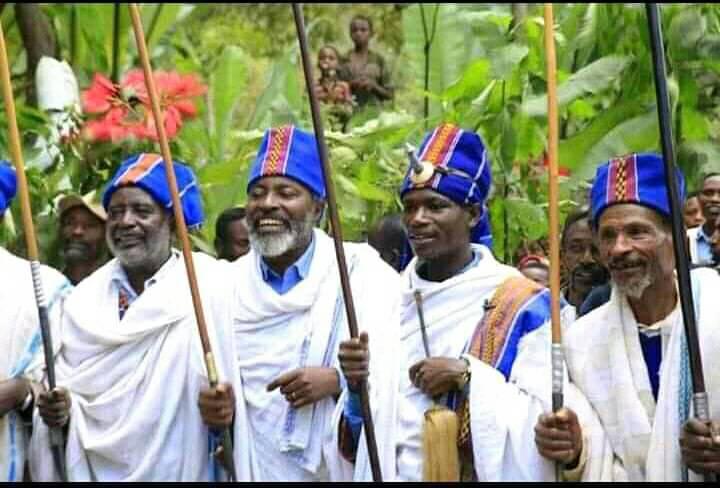
From Gedeo community
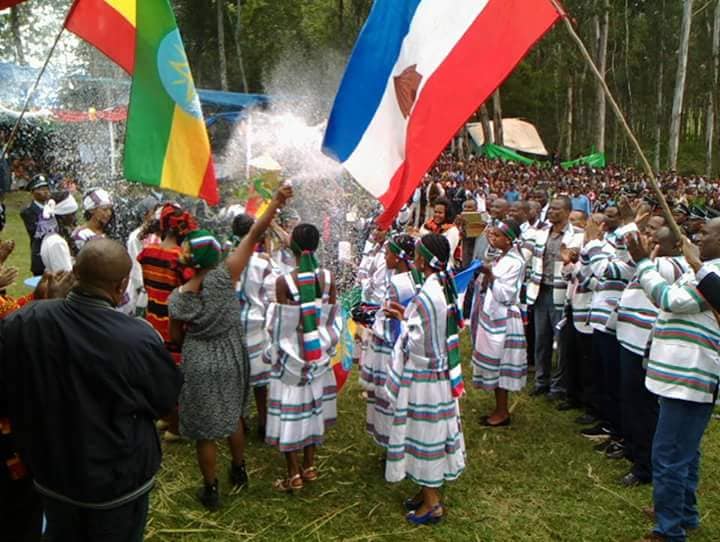
From Kaffa Community
Kafa in Ethiopia is renowned as the origin of coffee, with the word “coffee” believed to be derived from “Kafa.” The region is celebrated for its lush forests, biodiversity, and deep-rooted cultural traditions. The Kafa people have a long history of environmental stewardship, particularly in preserving wild coffee varieties and indigenous practices. Bonga, the capital city of the Kafa Zone, serves as the administrative and cultural center, attracting visitors interested in both the natural beauty and historical significance of the area.
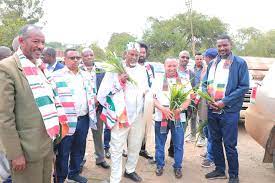
From Goffa Community
Gofa in Ethiopia is known for its rich cultural traditions, strong social cohesion, and agricultural lifestyle, particularly in cultivating crops like maize, sorghum, and enset (false banana). The Gofa people also have a deep-rooted oral history and customary governance systems that reflect their identity and resilience. Sawla, the capital city of the Gofa Zone, serves as the administrative and economic center, connecting the community to the broader Southern Ethiopian region
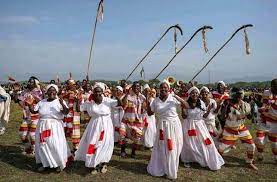
From Dawuro community
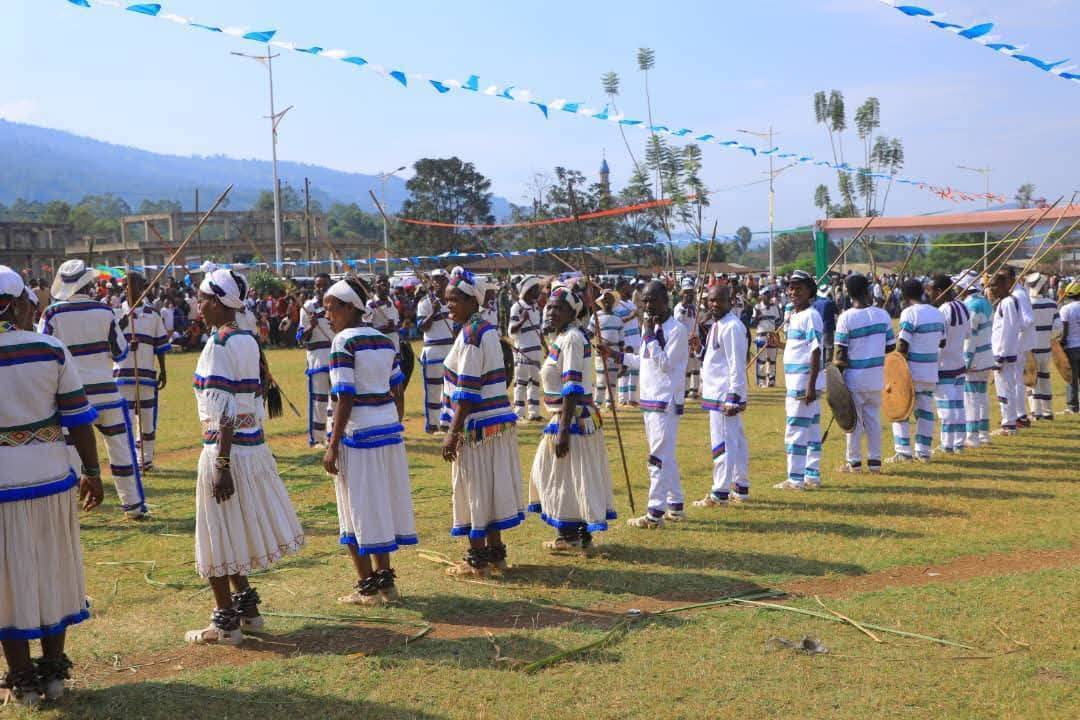
From Shekka Community
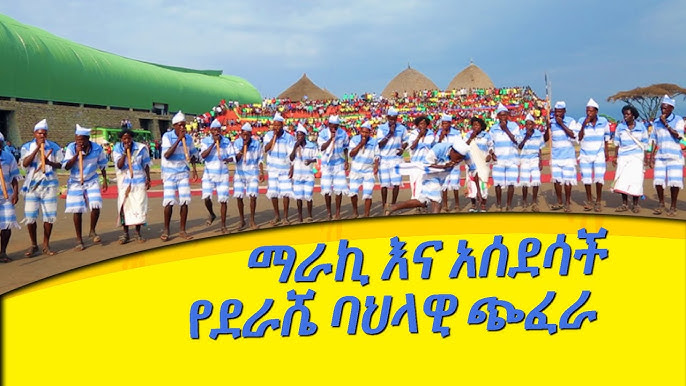
From Derashe community
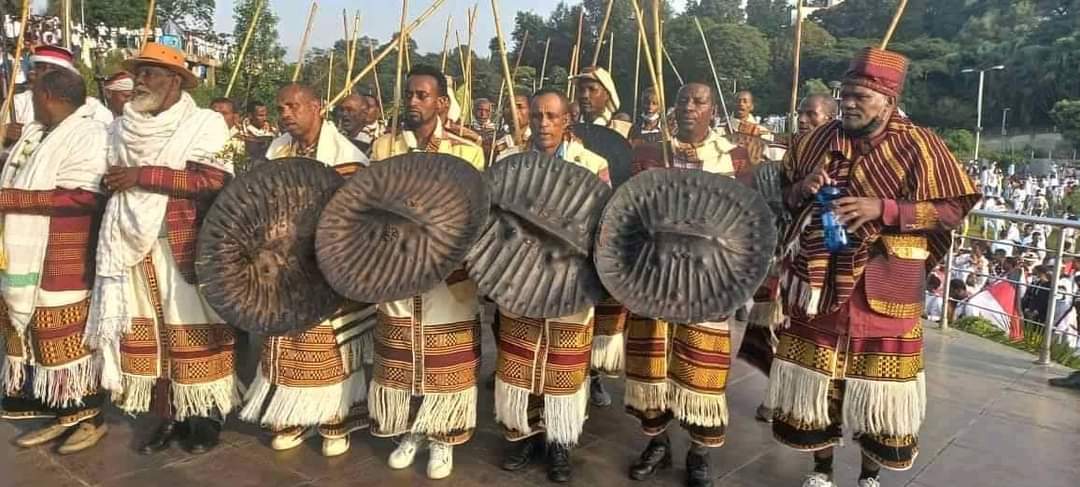
From Sidama Community
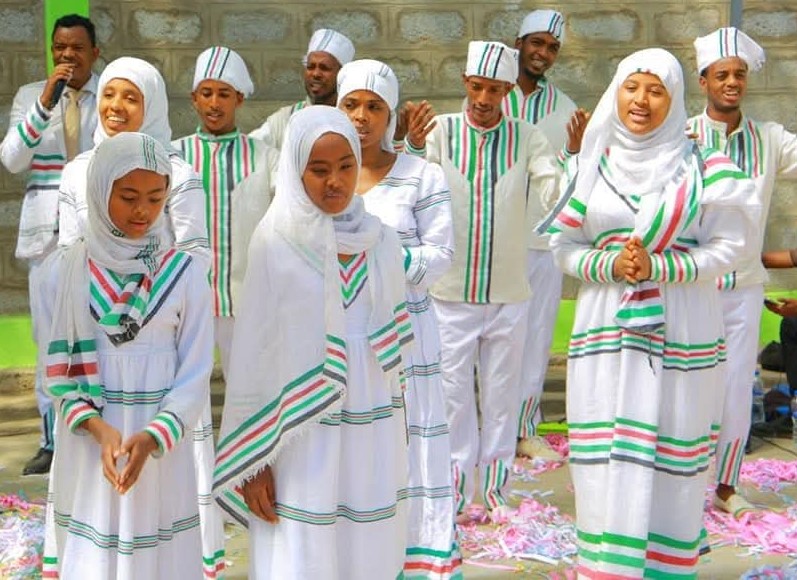
From Kebena community
The Kebena people (also spelled Qebena) is a distinguished nation having its own culture and identity. Kebena is one of a Kushitic ethnic group found in the Central Ethiopia, Welkite town. The Kebena were part of the Hadya Kingdom. At the end of the 19th century, Qebena became an autonomous state ruled by Imam Hassen Unjamo.
The Kebena economy is based on subsistence farming. They grow wheat, teff, maize, sorghum, oil seed, enset (false banana), chat, coffee and fruits. They depend mostly upon rain for their crops, though there is river water that could be used for irrigation. Their climate is mostly temperate. There are century old mosques, underground caves, waterfalls, and a battlefield that are potential tourist attractions in the Kebena Special Wereda. The Kebena people are known for their peaceful nature, strong work ethic, and rich culture, which enables them to live in harmony. They are among the most beautiful and peace-loving communities in the region.
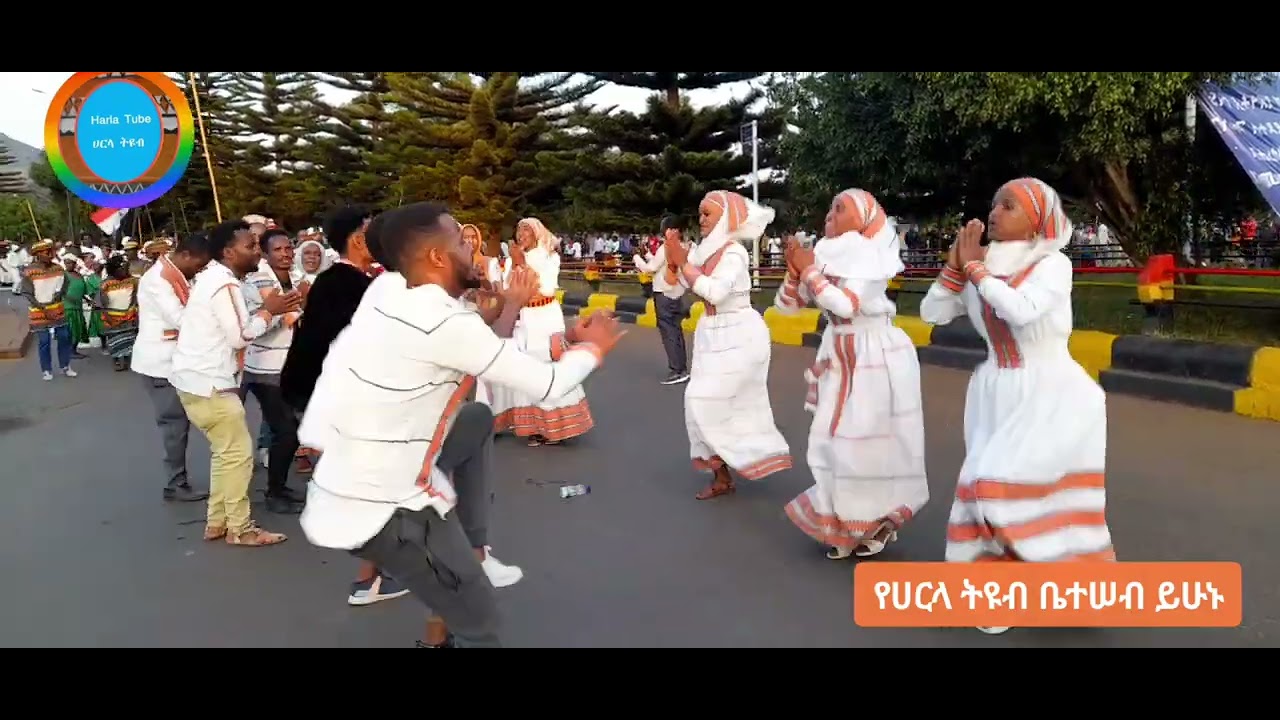
From Silte community
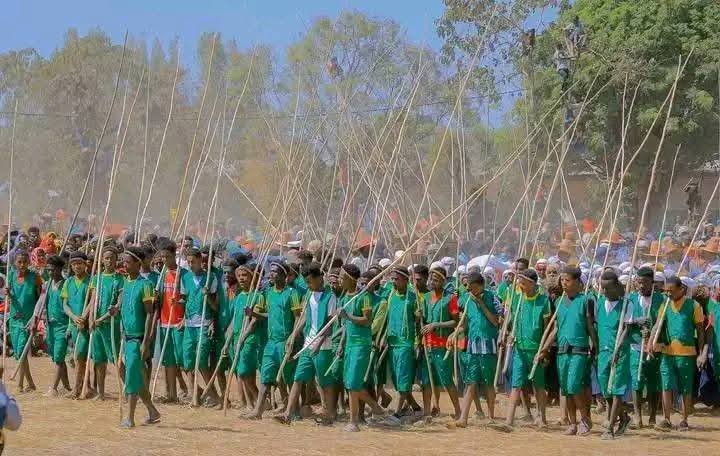
From Halaba community
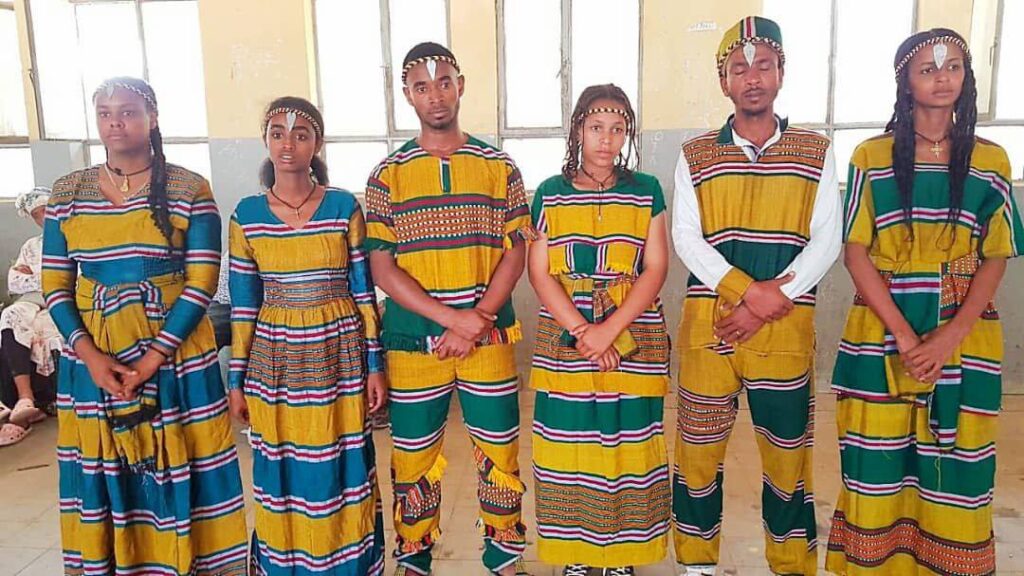
From Mareko community
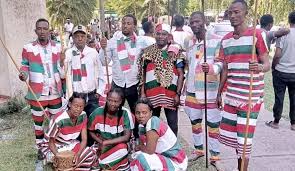
From Tembaro community
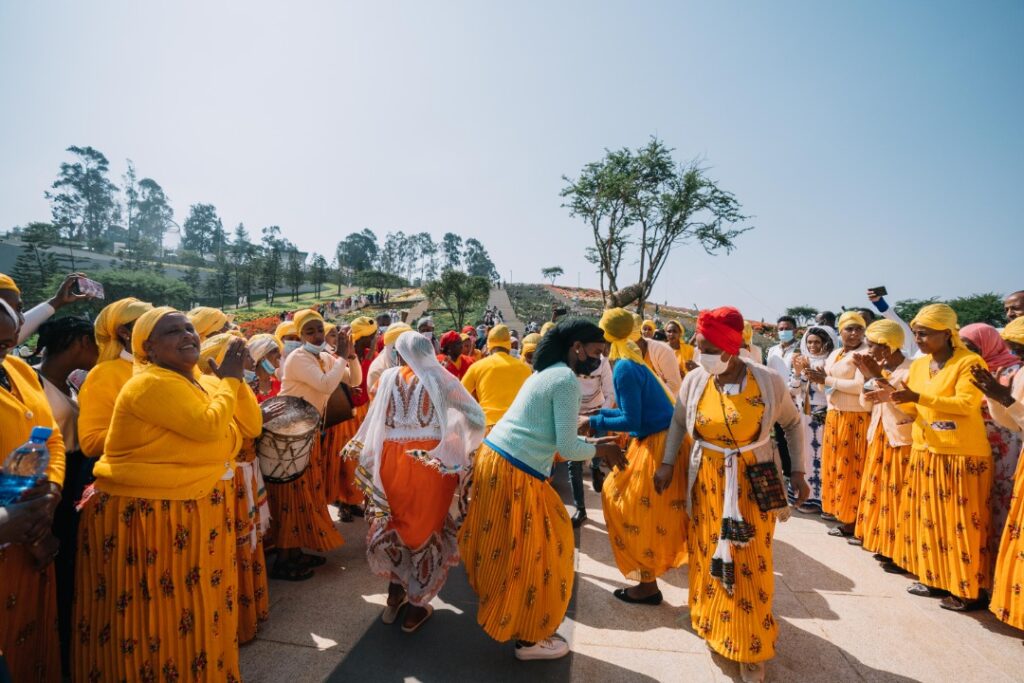
From Gurage community

From Yem community
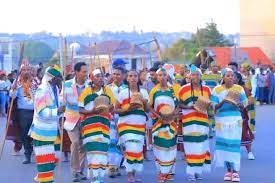
From Donga community
Frequently Asked Questions
Volunteerism is free and is open to everyone regardless of age, gender, profession or any other social stratification. It gives you the opportunity to expand your knowledge and sharpen your skills while contributing to the community.
To volunteer fill the volunteer application form and submit.
Will appear here
Will appear here
Will appear here
Will appear here
Will appear here
Will appear here
Will appear here
Will appear here
Will appear here
